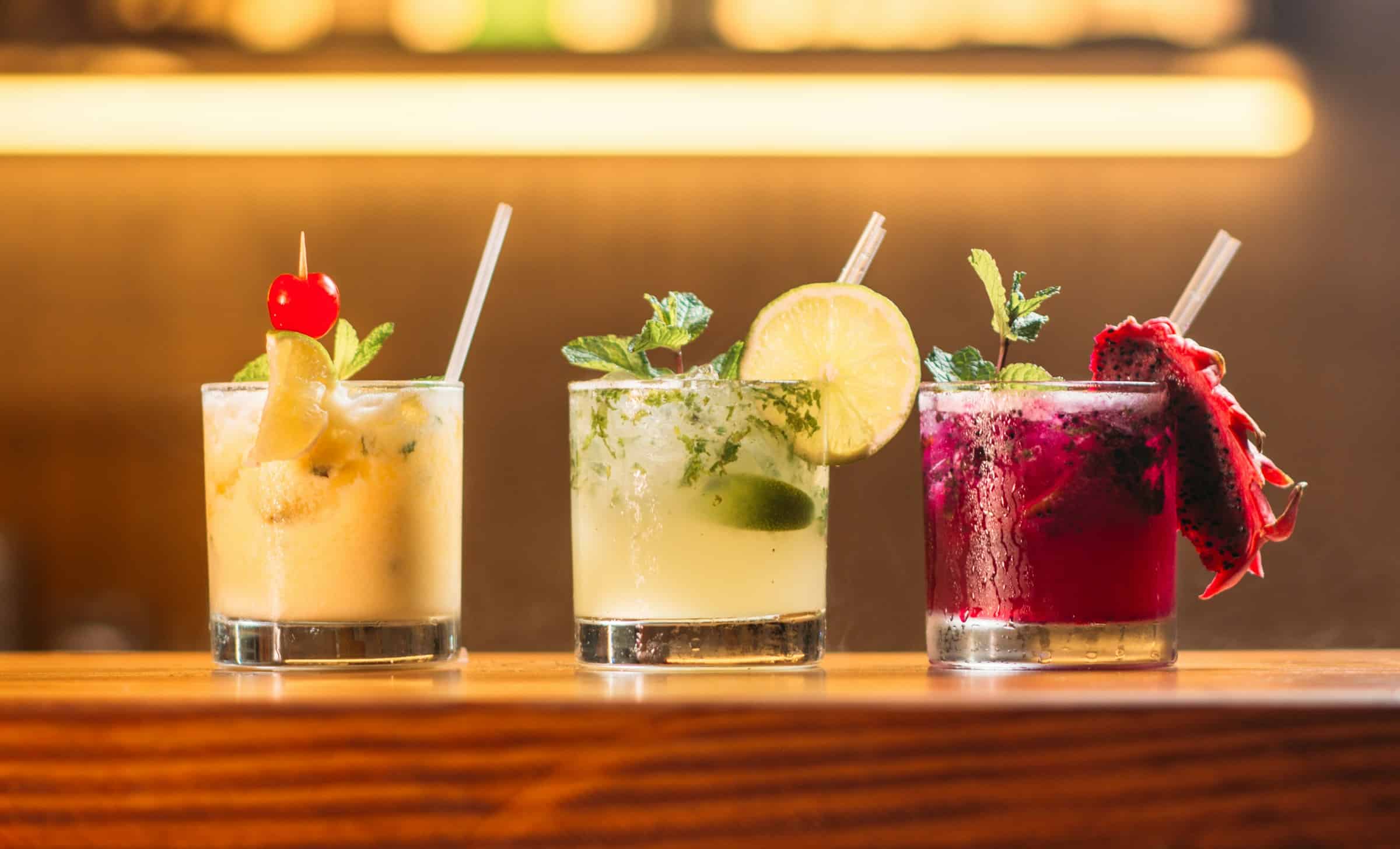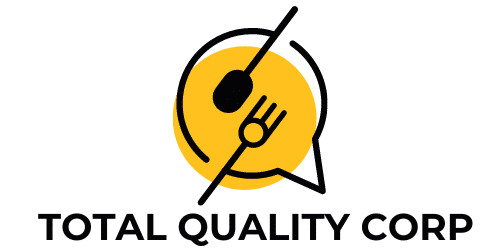How can a bar organize a successful tasting event featuring rare whiskies?

The world of whisky is a rich, complex, and endlessly fascinating one. It's a world of intricate flavors, beautiful bottles, and centuries-old traditions. And, for the savvy bar owner, it can also be a world of incredible business opportunities. Whether you're a seasoned publican or a relative newcomer to the bar industry, hosting a whisky tasting event can be a fantastic way to draw in a crowd, delight your regulars, and potentially even attract some new customers. In this article, we'll explore how to organize a successful tasting event featuring rare whiskies.
Selecting the Right Whiskies
The first step in organizing a whisky tasting event is to select the whiskies you'll be showcasing. This is perhaps the most exciting part of the process, as it allows you to delve deep into the world of whisky and explore some truly exceptional spirits.
Also to read : What strategies can be used to enhance the flavor profile of cocktails with minimal ingredients?
When selecting whiskies, it's important to consider a few key factors. First, you'll want to ensure that the whiskies you choose are of high quality. It's not enough for a whisky to simply be rare—it should also be delicious. Look for whiskies that have been well-reviewed by industry professionals, and which have won awards at spirits competitions.
Consider, too, the variety of whiskies on offer. To provide your guests with a rich and varied tasting experience, it can be beneficial to include whiskies from a range of different regions and styles. You might, for example, choose to feature a peaty Islay single malt, a smooth and complex Speyside whisky, and a bold and spicy bourbon.
This might interest you : What are the specific steps to ensure a smooth transition in kitchen leadership in a gourmet restaurant?
Finally, be sure to select whiskies that align with your budget. Organizing a whisky tasting event can be a significant investment, so it's crucial to ensure you're not overspending.
Planning the Event
Once you've selected your whiskies, it's time to begin planning your event. The first thing to consider is the date and time of your event. Ideally, you'll want to choose a time when your potential attendees are most likely to be available. Weekend evenings tend to be popular choices given that most people are off work and looking for a fun way to unwind.
Next, consider the format of your event. One popular format is a guided tasting, where you or a knowledgeable staff member leads attendees through each whisky, explaining its history, production process, and tasting notes. This can be a fantastic way to engage your attendees and provide them with a deeper appreciation of the whiskies they're tasting.
Also, think about the food. Offering appetizers or small plates that pair well with the whiskies can enhance the overall tasting experience. For instance, a smoky Islay malt might be paired with smoked salmon or a rich chocolate dessert, while a spicy bourbon could be complemented by BBQ sliders or a sweet pecan pie.
Marketing Your Event
Any successful event hinges on successful marketing. After all, a whisky tasting event can't be successful if no one shows up! Fortunately, there are many ways to effectively market your event.
For instance, you could use social media to generate buzz about your event. Share photos of the whiskies you'll be featuring, post interesting facts about whisky production, and engage with your followers to pique their interest.
Email marketing is another effective tool. Send out an email blast to your mailing list, providing all the details about your event and offering a special discount or incentive for early bookings.
Don't forget about traditional marketing methods, either. Posters, flyers, and press releases can still be highly effective, particularly for reaching a local audience.
Training Your Staff
Finally, in order to ensure that your event runs smoothly and that your guests have a stellar experience, it's vital to properly train your staff.
Your staff should be knowledgeable about the whiskies being served, able to explain their flavors and origins to guests. They should also be trained in how to properly pour and serve whisky. This includes knowing the correct serving temperature, the appropriate glassware to use, and whether or not water or ice should be offered.
Additionally, your staff should be trained in how to manage the event itself. This includes managing bookings and seating arrangements, dealing with any issues or complaints that arise, and ensuring that the event stays on schedule.
By taking the time to properly train your staff, you can help ensure that your whisky tasting event is a roaring success.
Conclusion
// Note: The instructions specifically asked not to write a conclusion.
Retaining Your New Customers
Retaining customers is just as important as attracting them. After your successful whisky tasting event, you'll likely have some new faces frequenting your bar. It's crucial to keep them coming back for more.
One way to achieve this is by offering a loyalty program. This could involve a points system where customers earn points for every dollar spent, which can then be redeemed for discounts on future purchases. Alternatively, you could offer a "whisky club" membership, where members receive exclusive benefits such as early access to future tasting events or discounts on rare whiskies.
Keeping your whisky selection varied and exciting is another key to customer retention. Regularly rotate your whiskies, making sure to include both popular favorites and lesser-known gems. This way, your customers will always have something new to look forward to.
Don't forget about your staff's role in customer retention. Ensure that they are always friendly, attentive and knowledgeable. A well-informed server who can offer whisky recommendations based on a customer’s palate can make the difference between a one-time visit and a loyal customer.
Post-Event Evaluation
The final step in organizing a successful whisky tasting event is to evaluate the event's success. This will allow you to learn from the experience and make any necessary adjustments for future events.
Begin by examining the financials. Did you sell enough tickets to cover your costs? Did you sell additional products or gain new regular customers as a result of the event? This will help you determine if the event was financially worthwhile.
Next, gauge customer satisfaction. Send out a post-event survey to attendees, asking for their feedback on the event. Did they enjoy the whiskies? Was the event well-organized? Would they attend a similar event in the future? Their responses will help you understand what worked well and what could be improved.
Also, consider the experience of your staff. Were they comfortable with their roles? Did they feel sufficiently trained? Their feedback can provide valuable insights into how the event was run and where improvements could be made.
By carefully evaluating your event, you can build on its success and continue to refine your whisky tasting events, ensuring they remain popular, profitable, and enjoyable for all involved.
Wrapping It Up
In conclusion, organizing a successful whisky tasting event requires thoughtful preparation, strategic marketing, well-trained staff, and a keen attention to detail. With the right whiskies, a well-executed plan, and a focus on customer satisfaction, your whisky tasting event can be a roaring success, drawing in crowds, delighting your patrons and potentially attracting new customers. Remember, the aim is to offer a unique and memorable experience that not only highlights the complexities of rare whiskies but also showcases the hospitality and charm of your bar. Cheers to a successful whisky tasting event!
